Professor Johanna Laakso: Understanding How Languages Function, Interact, and Change Is Fundamental to Understanding Humanity and Its Culture
8 April 2024
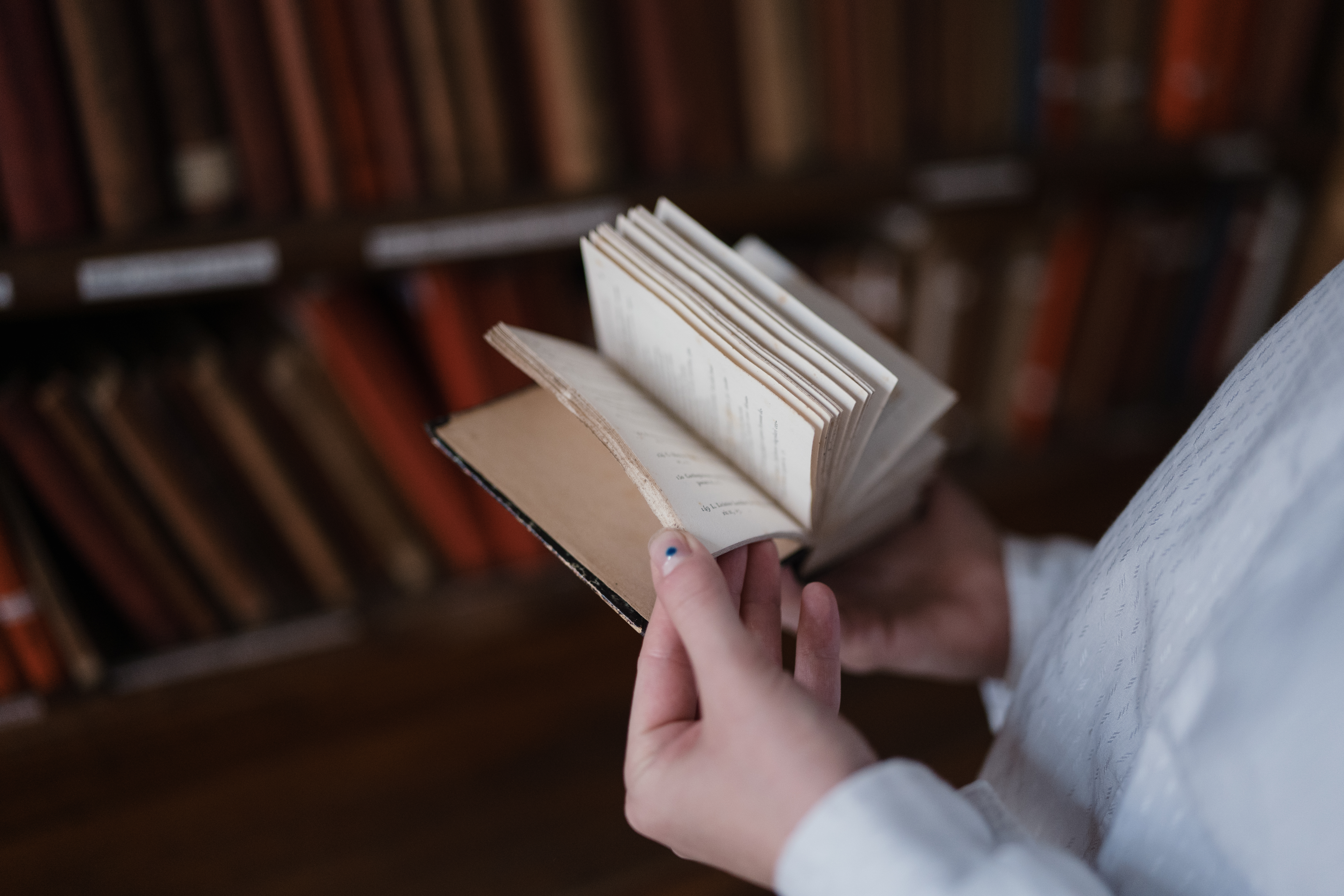
Dr. Johanna Laakso, Professor of Finno-Ugric Studies at the University of Vienna, Austria, visited the Centre for Scandinavian studies through the ERASMUS exchange at the end of February. Professor J. Laakso conducted lectures and seminars on several topics, including the history of Finno-Ugric studies and the relationships between Swedish and Finnish. At the end of her visit, she gave an open lecture with the title “Demistifying the Finno-Ugric languages”. All of the events turned out to be a success: they were followed by large audiences, and they ended up in lively discussions.
We posed Professor J. Laakso a few questions concerning her impressions of Vilnius University (VU) and visions about future contacts between her VU and her home university.
This was your first visit to VU, more precisely the Centre for Scandinavian Studies in the Institute of Languages and Cultures of the Baltic. What were your first impressions about our university and its campus?
The historical buildings are impressive, and at the same time, the campus is full of life. It was wonderful to see how beautifully the historical legacy of the university mixes with the work of vibrant communities of today’s students and scholars. The Centre for Scandinavian Studies reminded me of the first years of my academic career in Helsinki and the small but cosy attic rooms in which the Finno-Ugric department worked. I also felt the same friendly atmosphere of loving commitment which is typical of “small” disciplines worldwide.
How would you define the role of your own fields of expertise in today's world?
Finno-Ugric studies in the traditional sense include historical-comparative approaches to the whole language family and research into the less well-known Finno-Ugric minority languages. Outside Finland, Estonia, and Hungary, these approaches are often overshadowed by practical philological interests in the three Finno-Ugric state languages.
As a Finno-Ugricist, I see my task as maintaining knowledge of the historical background and relatedness of our languages, the history of language diversity and language contacts in Europe and, last but not least the dire state of minority languages and their speakers’ linguistic human rights. Understanding how languages function, interact and change is fundamental importance to understanding of humanity and its culture.
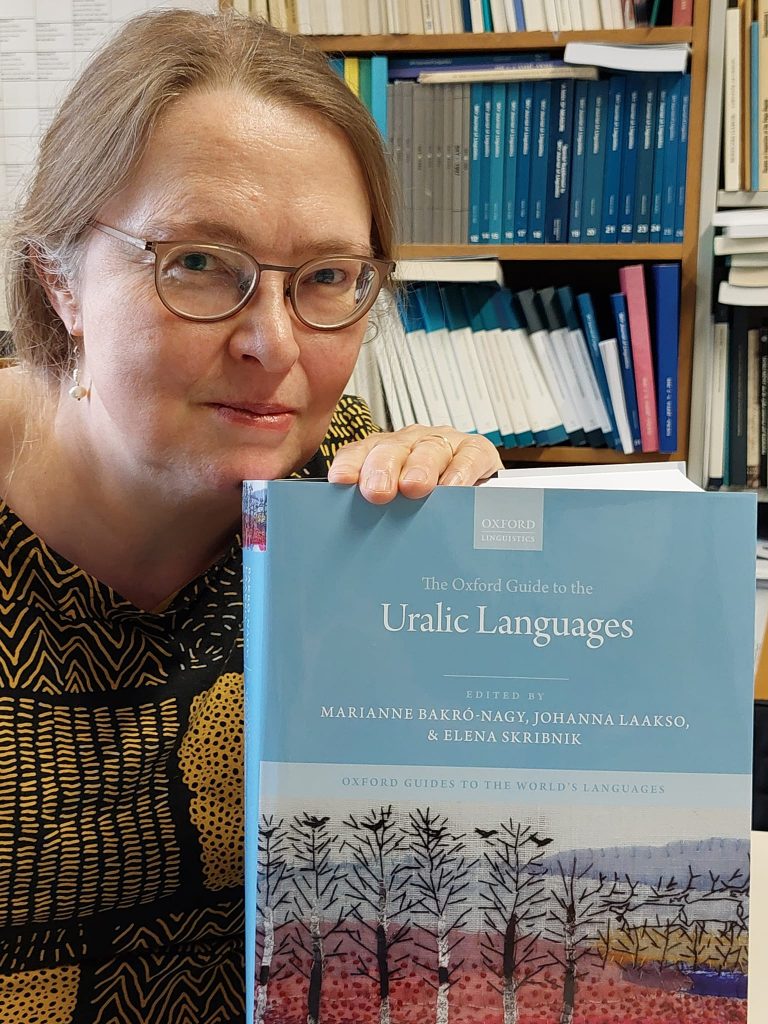
Do you see possibilities for co-operation between the Centre for Scandinavian Studies and your own unit in the University of Vienna in the future?
Definitely, and I would be happy to promote further co-operations. Our department in Vienna is institutionally connected to the Scandinavian Studies (we belong administratively to the same institute), so that bureaucratic obstacles would be minimal. My Viennese colleagues in Scandinavian Studies already have regular connections to Lithuania, and they also have a specific focus on the culture and history of the Baltic Sea region, which is very interesting from the point of view of our teaching of Estonian and Finnish philology.
In addition to my own linguistic interests, I would welcome and gladly support cooperation with my colleagues on issues of minority literatures and multilingualism in literature, a topic on which we are planning to build up a research network. Literary translation is also a topic in which there is a keen interest among our students.
Would you like to mention some highlights of your visit to VU and in the city itself?
First of all, this was an incredibly well-planned and organised ERASMUS visit. My most cordial thanks to Asta Laugalienė, Satu Grünthal and Taina Mylläri for carefully integrating my teaching into their programme, for creating opportunities to meet colleagues and students, and for numerous fruitful and interesting discussions.
This was my first visit ever to Vilnius, and I am still processing a vast amount of experiences and new information about the history of the city. In comparison with Estonia, which I know much better, Lithuania stands clearly closer to the culture of Central Europe, and much of the architecture and historical monuments – not least the numerous Catholic churches – reminded me of my current home city of Vienna. Among many other things, Vilnius is a historical connecting link between my two central research interests, the Finnic and the Hungarian-speaking area. I kept thinking of Catherine Jagiellon, who married the then Duke of Finland in Vilnius in 1562 and then moved to Turku to become the hostess of the closest thing to a renaissance court we ever had in Finland, and of her brother-in-law Stephen (István) Báthory, the king whose realm included Hungarian speakers as well as Estonians and Livonians.
As for further highlights of my visit, let me mention two. First, I saw the opera “Lamb of God”, which brought back so many memories from my student years in the 1980s and my first encounters with the cultures of the Baltic countries struggling under Soviet censorship. And second, scratching the ear of the Užupis Cat. I hope I have become a braver person – and I hope to come back someday, to gather even more courage.

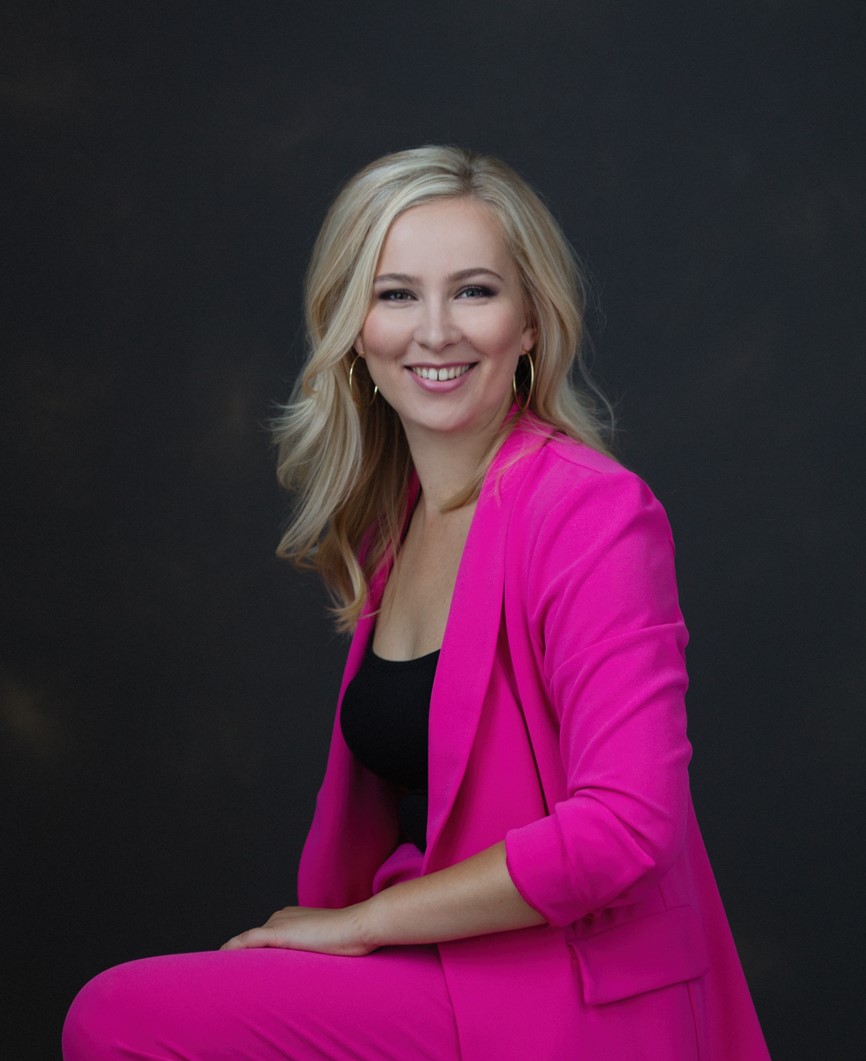
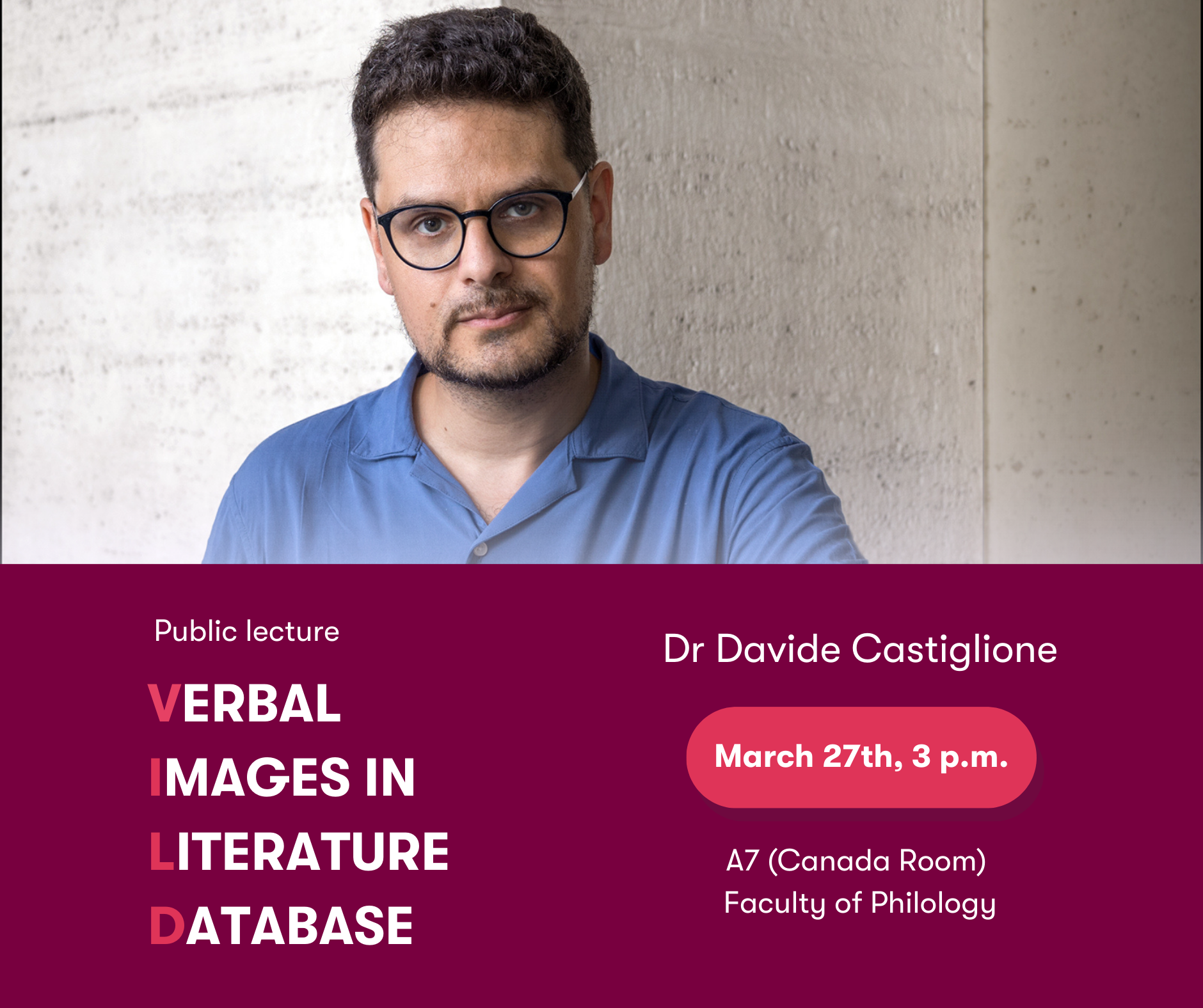
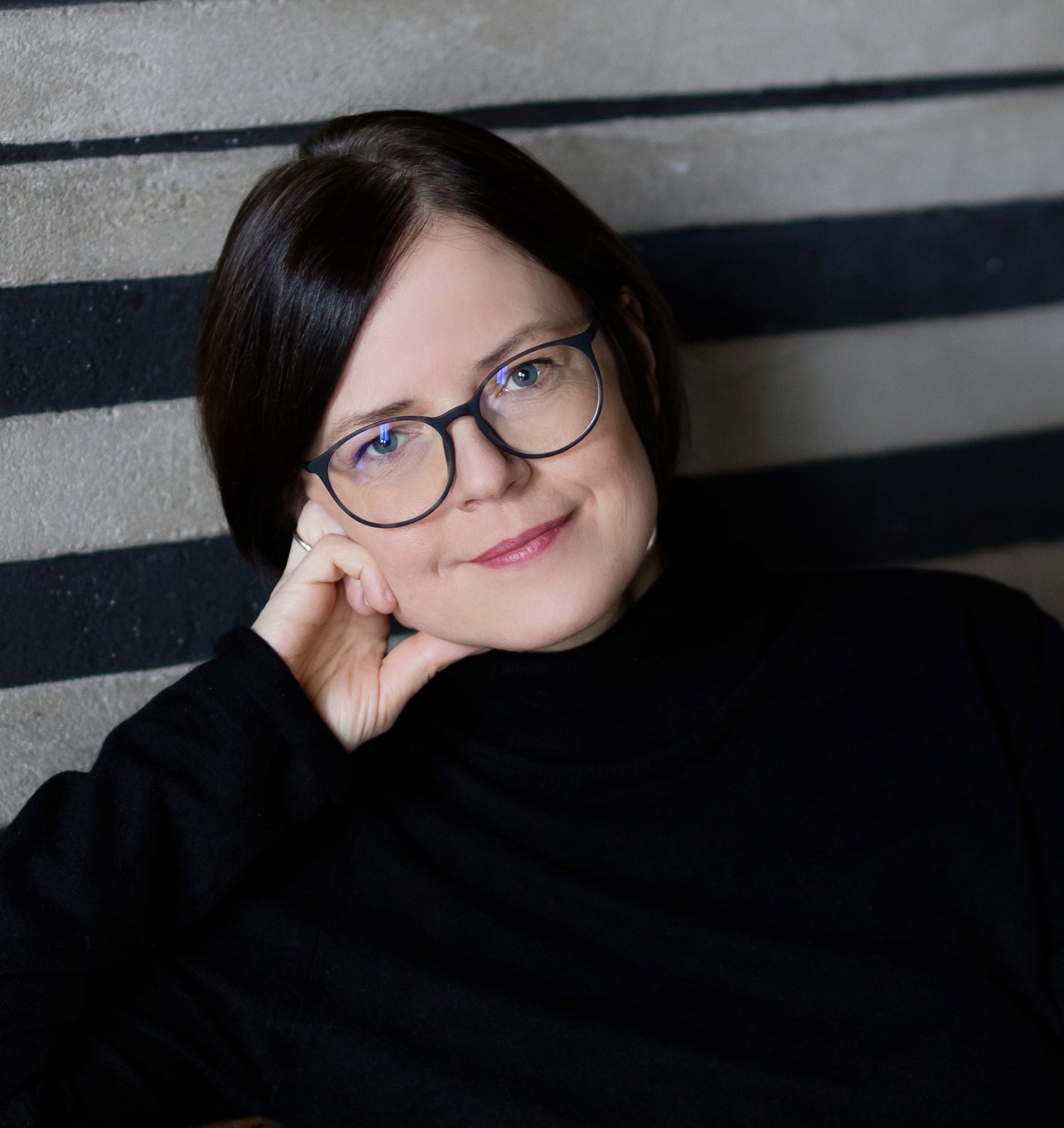
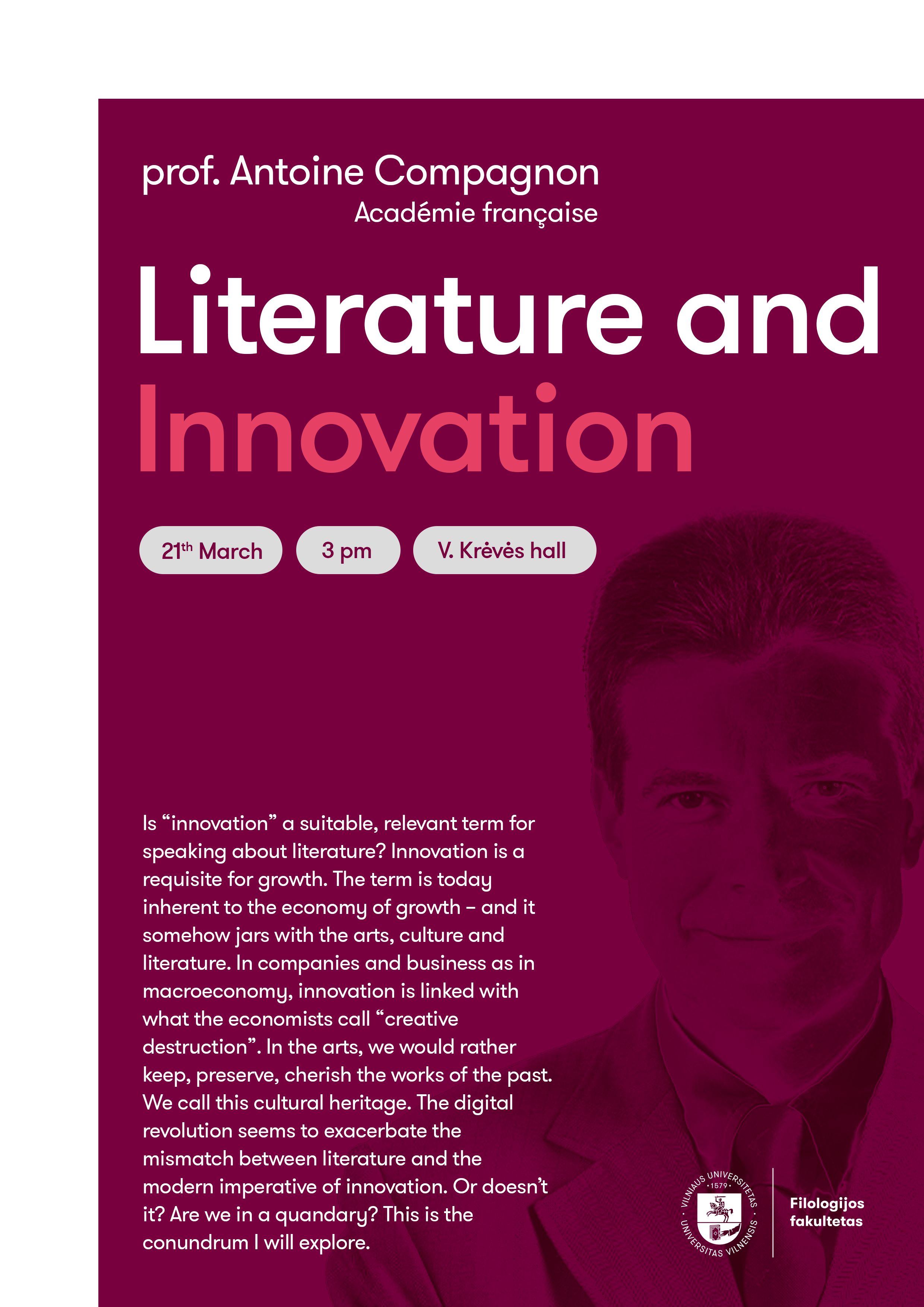
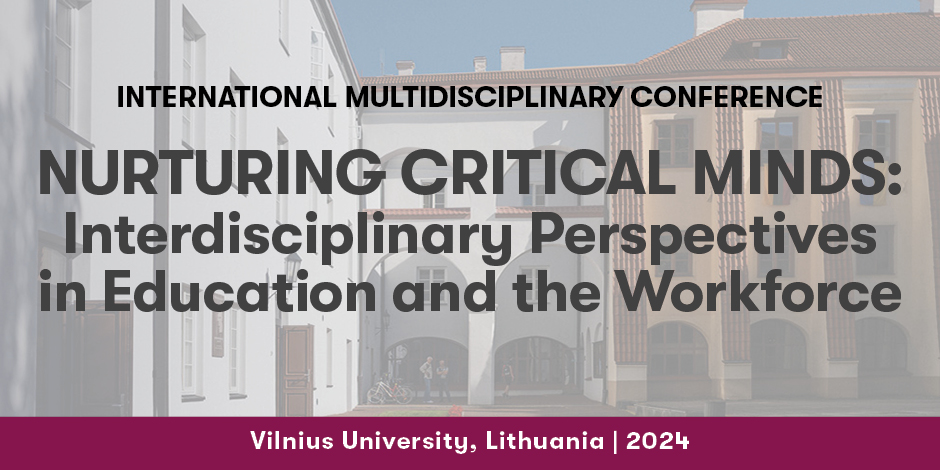
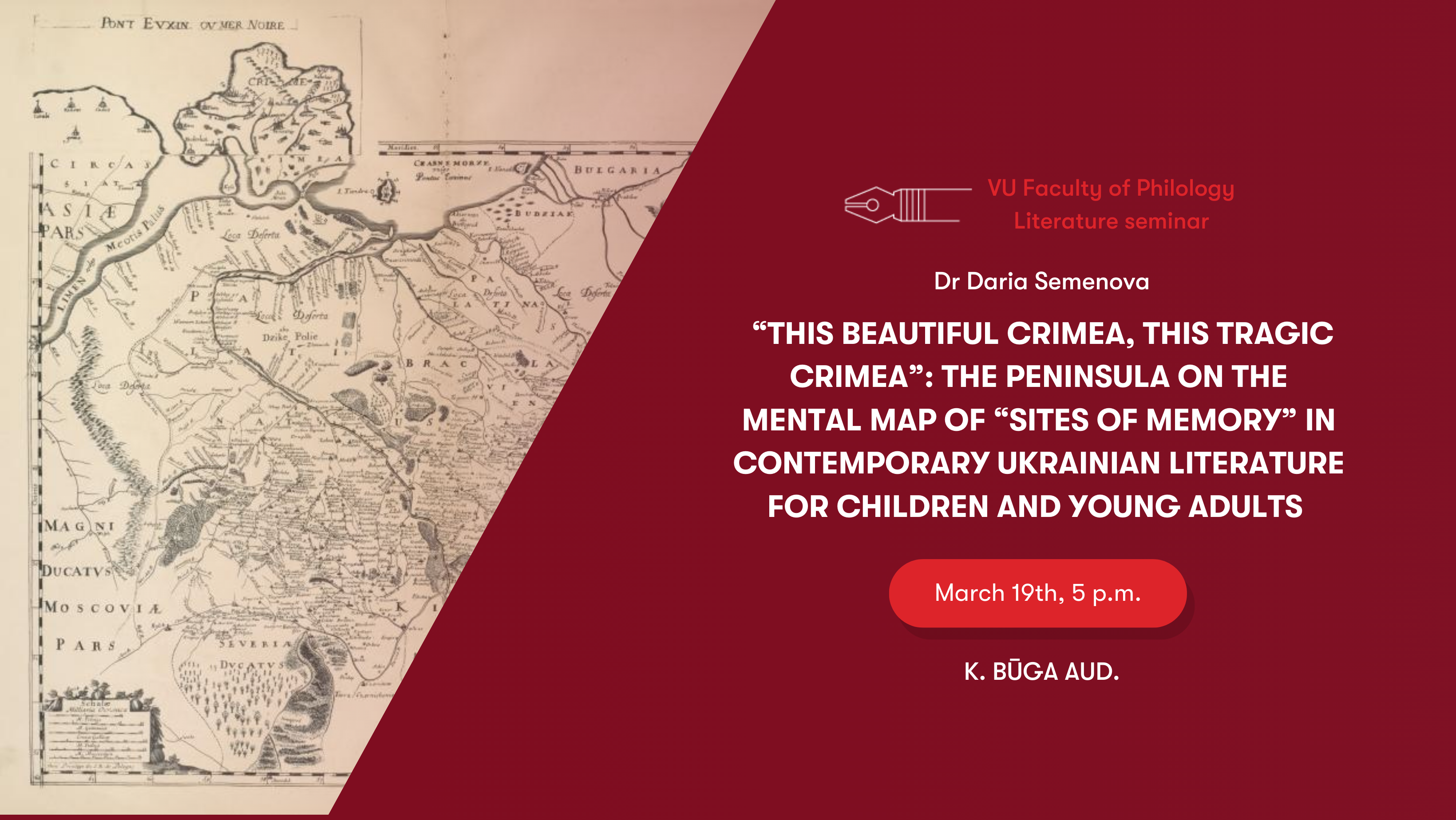
 This time we are offering cafés in:
This time we are offering cafés in: